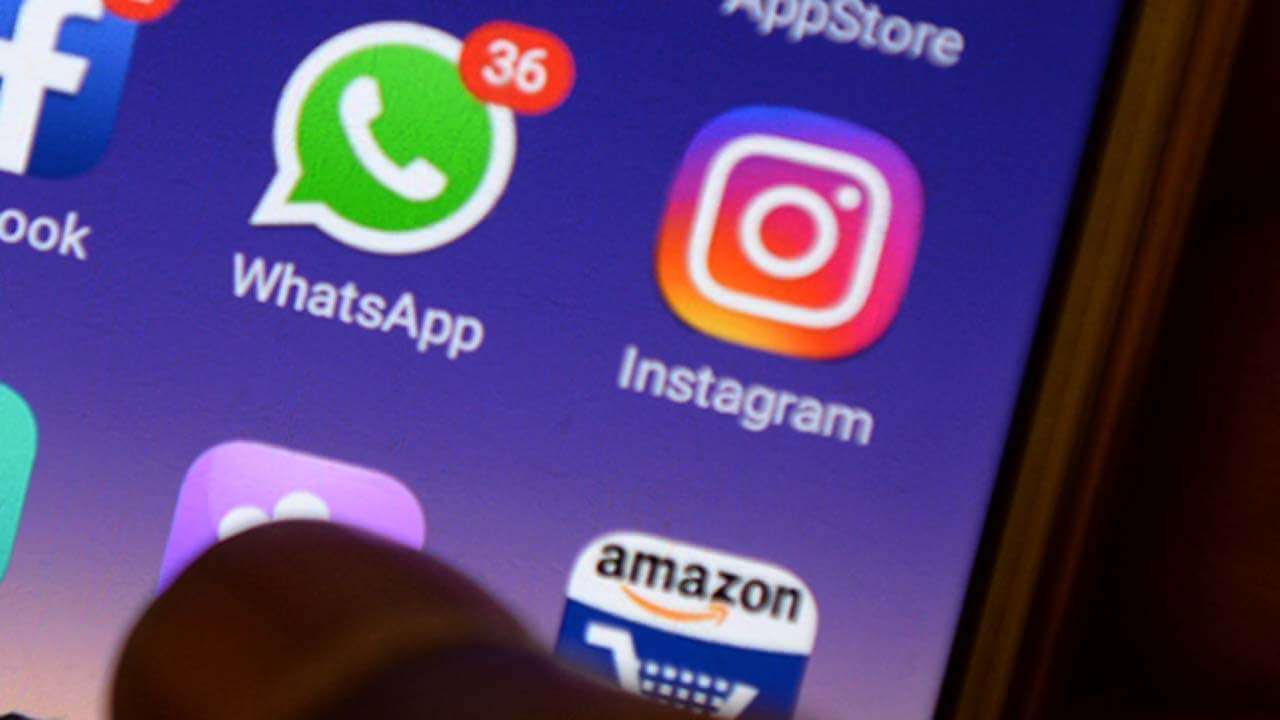WhatsApp has filed a petition before the High Court in Delhi challenging the Indian government’s decision to pass the Information Technology (Intermediary Guidelines and Digital Media Ethics Code) Rules, 2021. According to the new regulations, which were first made public on February 25 and took effect from May 25, platforms identified as “significant social media intermediaries”, which have over 50 lakh registered users, will no longer be protected from the legal consequences of failing to adhere to the code.
WhatsApp, which has over 400 million users in India, claims that the rules force the platform to violate the users’ right to privacy, as they require the company to identify the “first originator of information” following a notice by the government. The law says that WhatsApp will be obligated to identify the origin of a message only if the authorities require them to do so on receiving credible information of wrongdoing. However, the company claims that in order to do so, they would have to break the end-to-end encryption of the messages sent on their platform. The petition said that this could endanger journalists and civil and political activists, who could be targeted for “investigating issues that may be unpopular”.
A spokesperson from WhatsApp, citing the example of the Brazilian Supreme Court, said, “We have consistently joined civil society and experts around the world in opposing requirements that would violate the privacy of our users. In the meantime, we will also continue to engage with the Government of India on practical solutions aimed at keeping people safe, including responding to valid legal requests for the information available to us.” He added, though, that since violation of the newly imposed rules results in criminal penalties, WhatsApp was forced to approach the courts.
In response, the Ministry of Electronics and Information Technology reiterated its commitment to the right to privacy. However, in a statement, it said that the government also has “the responsibility … to maintain law and order and ensure national security.” It added that identifying the originator was necessary and would be used as a “last resort measure.” The department noted that it was necessary to use for to identify perpetrators of an offence such as “rape, sexually explicit material or child sexual abuse material.” It also clarified that the “normal functioning” of WhatsApp will not be affected by the 2021 Rules.
The government’s response also cited the example of several of its Western counterparts, including the United Kingdom (UK), the United States (US), Australia, New Zealand, and Canada, who in July 2019 had called upon ttech companies to include a mechanism to break the encryption when governments or appropriate legal authorities require it. In this regard, the statement said that the Indian government had been asking for “significantly much less.”
In other related developments, on Wednesday, the Indian Ministry of Electronics and Information Technology sent a letter to the major social media platforms operating in India, including Facebook, WhatsApp, and Twitter, to provide information on the measures they are taking to comply with the 2021 Rules. The document stressed: “Please confirm and share your response ASAP and preferably today itself.”
In response, both Google and Facebook said that they were working on establishing mechanisms to comply with the regulations. However, Facebook said that there continue to be “unresolved issues” with the guidelines, which it will be discussing with the government. Meanwhile, Twitter has refused to respond to questions regarding its compliance status.
These developments come amidst an ongoing tiff between the Indian government and social media platforms operating in the country. On Tuesday, the Indian police visited the offices of Twitter in New Delhi to deliver a notice to the tech giant’s Managing Director. This came after a tweet by Bhartiya Janata Party spokesperson Sambit Patra was flagged as “manipulated media.” Just a day before, the Indian Information Technology Ministry called on all social media companies to take down content that refers to the B.1.617 strain of the COVID-19 virus as the “Indian Variant.” In the letters addressed to the social media companies, the Ministry said that such miscommunication tainted India’s international image.
Moreover, in February, the Indian government lambasted Twitter for failing to comply with its orders under Section 69A of the Information Technology Act, which called on the social media giant to take down 1,100 accounts for publishing “inflammatory content.” All these accounts have been accused of using the hashtag #FarmerGenocide and supporting the Khalistani separatist movement. In response, Twitter said that the decision was made “in keeping with our principles of defending protected speech and freedom of expression.”
Additionally, in April, a Twitter official confirmed that the social media platform had blocked around 50 tweets following an order from the Indian government. According to Lumen, a database run by Harvard University’s Berkman Klein Centre, which aims to enhance transparency by tracking removal requests of social media posts, several of the blocked tweets were critical of the Indian government’s handling of the COVID-19 crisis. Some of the posts called for the resignation of Indian Prime Minister (PM) Narendra Modi, while others referred to the ongoing deadly wave as a “Modi Made Disaster”.
WhatsApp Files Case Against Indian Government Challenging IT Rules
As WhatsApp filed a case against the recently imposed IT rules, the Indian government wrote to several social media companies enquiring about the implementation of the newly introduced framework.
May 27, 2021

SOURCE: DNA
